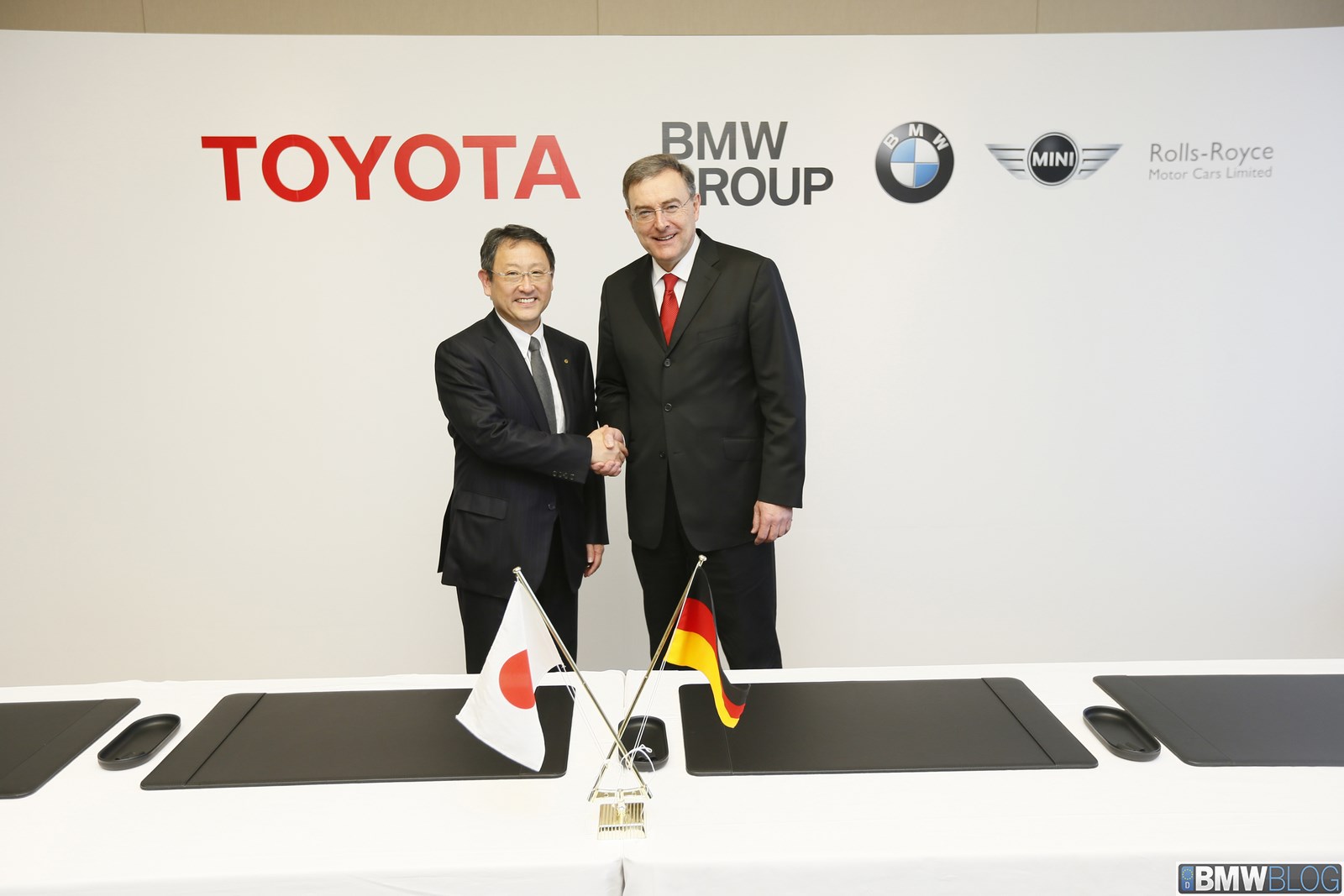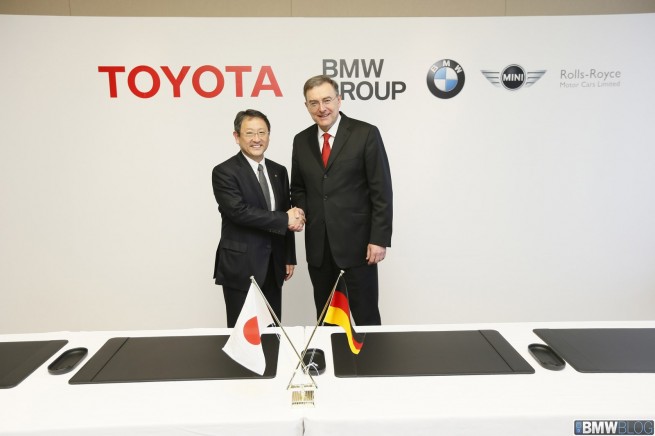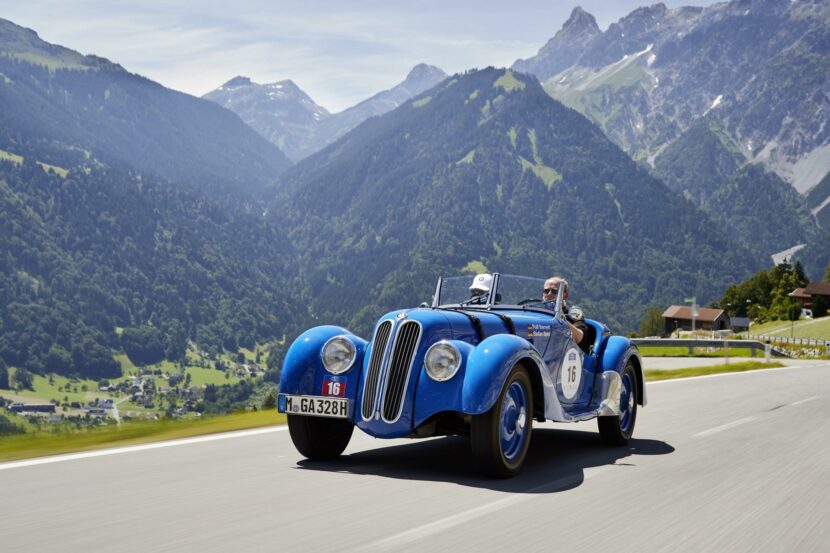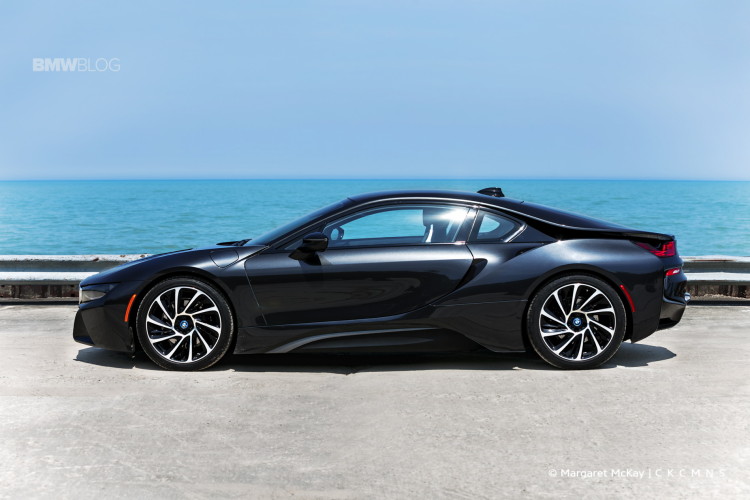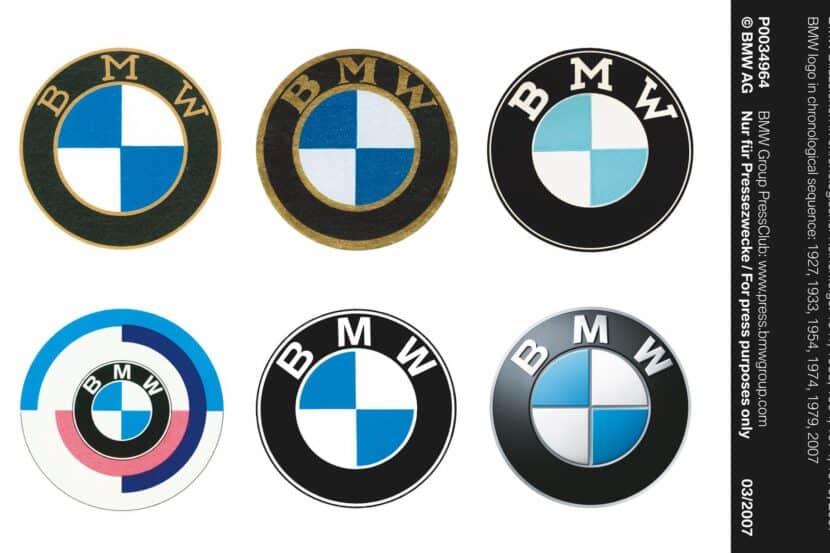The press release from BMW this morning acknowledged that BMW and Toyota have formalized their memorandum of understanding from June 2012. It highlights four areas where BMW and Toyota will cooperate.
Those areas are fuel cell systems, sports vehicle, lightweight technology, and post-lithium battery technology. Before looking at these areas it should be noted that this is a joint effort across a fairly narrow field, there is no mention of the companies exchanging ownership stakes for instance.
On the surface people may question why BMW and Toyota have teamed up, they seem to be such different companies and, with the exception of Lexus, are not competing over the same customer base. But they have one big thing in common. They are both, at heart, engineering driven companies.
The other item worth mentioning is that both are future oriented. BMW believes that personal transportation is in the midst of revolution and they intend to survive that revolution. Here are the words of Dr. Diess,
“Today, the automotive industry is at a turning point. In fact, the BMW Group believes this is the most important time in the history of our industry.”
The word filter needed to view these four areas of cooperation is ‘sustainability’. The focus is on personal mobility – ‘green’ – as opposed to an IC engine, manual transmission, and hydraulic steering rack vision of mobility.
So what about the four areas, who’s ‘cooperating and who’s driving? Well in fuel cells Toyota is out in front. Toyota has been working with proton membrane exchange fuel cells which are suitable for automotive
applications. Their temperatures are not excessive, they’re fairly efficient, and while currently costly due to catalyst composition there is hope for the cost to come down as nano-technology becomes available on an industrial scale. Toyota also has a lot of good technology for the sequestration of hydrogen in a 70 MPa tank (700 bar, 10,152.6 psi – YIKES). BMW will be cooperating on this one.
Then we come to the mention of a mid-size sports vehicle. LF-A meets M4? No, probably not, again view with this with a ‘green’ filter. I would suspect that it will be more mainstream than the i8 (not part of the i sub-brand) but still have some mild-hybrid tech thrown in. This will be a joint collaboration but they’ll have to design distinct exteriors and interiors to make it work for each maker’s customer base. That would
lead me to believe that it will take advantage of BMW’s expertise in resin transfer molding for a sub-structure and each company will skin the exterior and interior to taste. So co-drivers on this with RTM being a key enabler of separately styled but ‘equal’ vehicles.
And while we’re talking about RTM, this is a strength of BMW. They literally have pulled off an extraordinary coup for a small company. They’ve brought a very transformative technology to fruition before anyone else in the industry has. (See: https://www.bmwblog.com/2011/
And that leaves us with the post-lithium battery technology. I believe both companies are disappointed with the weight and energy density of current battery technology. In order to get the performance (or range) they desire, new battery technology will need to become available. The press release mentions a lithium-air (Li-air) battery and that has the possibility of reducing weight and increasing energy density. But there’s still a lot of work to be done before Li-air is ready for production vehicles.
So each company brings their strengths to the table and they will learn from each other. Toyota and BMW have, arguably, the best production processes in the industry (and Toyota wrote the book on production
processes, the TPS http://en.wikipedia.org/wiki/
So, in conclusion, let’s hear from Dr. Diess again,”In order to tackle the challenges that lie ahead, leaders with a shared vision must join forces and take bold action. Toyota and the BMW Group are the most
successful, most sustainable manufacturers in their respective segments. I am certain that, together, we will keep leading the way to the future of the auto industry.”


